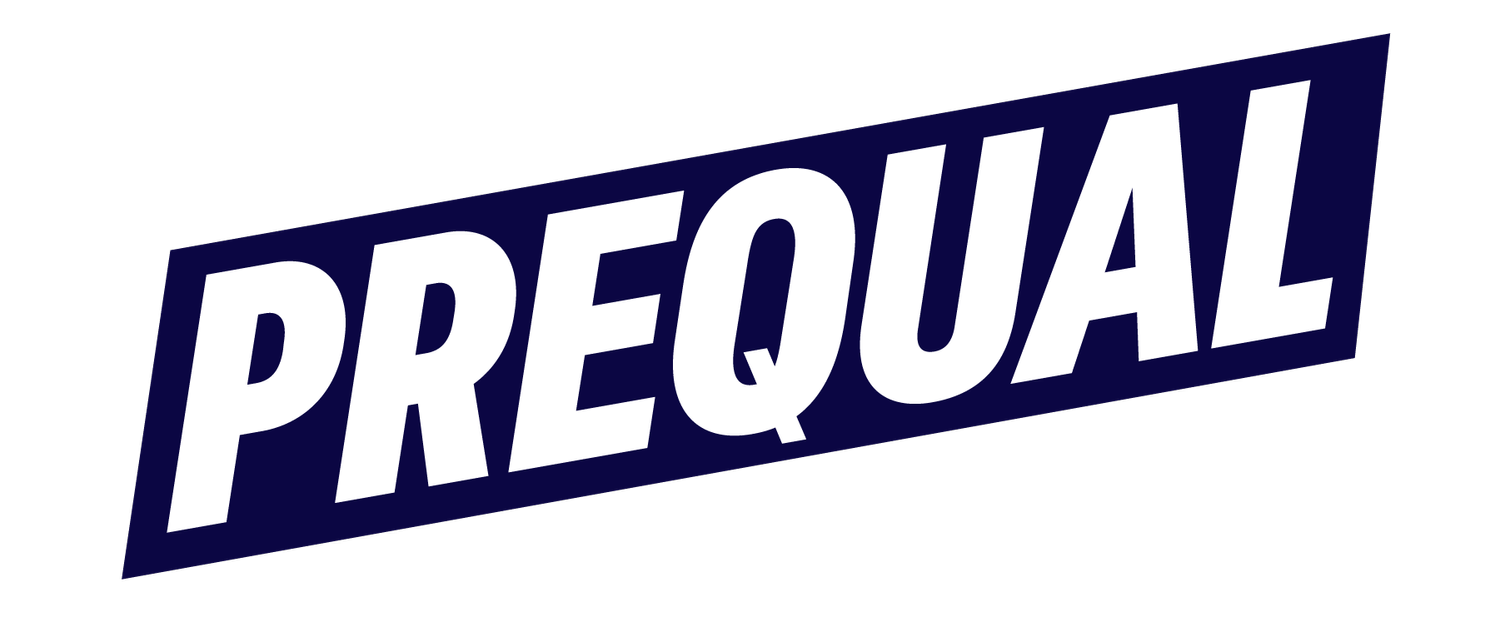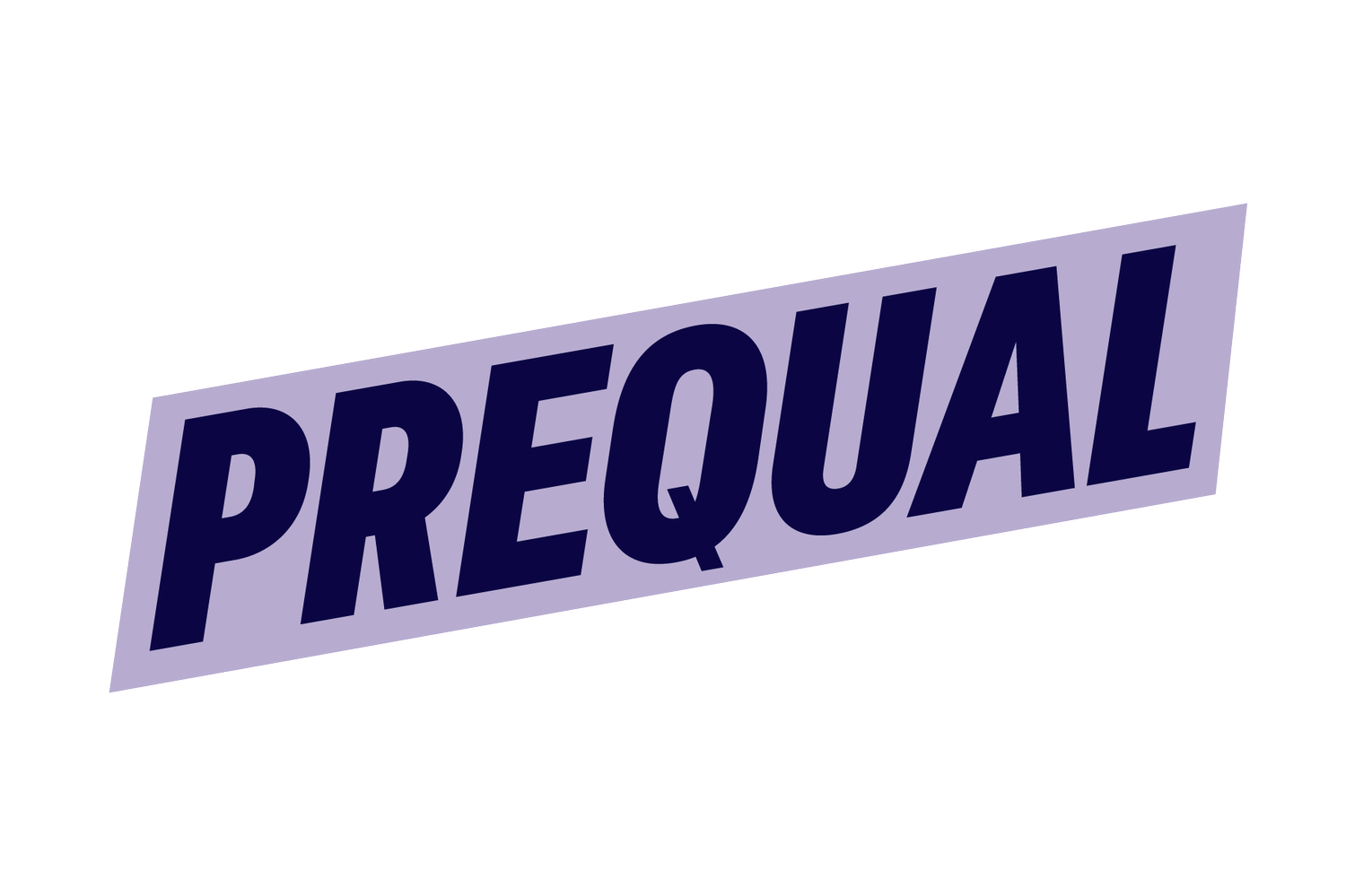What Does Economic Empowerment Mean to Me - Andrea’s Story
I had a humble childhood. As they say, I grew up on the wrong side of the tracks. I’ll spare you the misfortunate details, but I will share, with immense pride, that I was raised by an, extremely devoted, strong, single mom.
She did not intend to be a single mom. But having left her career to raise her three kids, her new “status” left her with no income and even fewer opportunities to feed us. She found work cleaning people’s houses, eventually working her way up to be the janitor at my grade school, and then the school secretary- creating her own new career path.
Those of you raised by single moms know it’s hard in 1,000 ways. My mom did not have resources, advanced education, childcare support, or a supportive co-parent. She didn’t have the means to climb out, so instead, we focused on surviving. Lack of economic empowerment limited her choices and options.
The public school in our neighborhood was not the safest, so my mom put us in a private high school a few towns over. I remember a time when the our combined tuition was more than her annual salary. But it was worth it, for me, at least. My rigorous high school yielded me a full-ride scholarship to a local liberal arts college. It wasn’t the Ivy League or Big Ten university I had imagined, but I was proud to be a first-generation immigrant’s kid and the first to attend college. I graduated in 3 years, studied abroad, and for the first time, I saw how many options and directions I could go.
Unexpectedly I got pregnant and married my college sweetheart, and when I was seven months pregnant, my mom died unexpectedly. Yes, that’s two unexpecteds in one sentence.
I was 23, a new wife, a new college grad, and about to become a new mom. If you were wondering, that’s why this time is the lowest point on my chart.
After having my first child and re-entering the workforce, I found my way to the legal industry. It suited me. In legal, you are always around intelligent people, consistently learning and solving complex problems. I was winning awards, driving innovation, and, I felt, having an impact on those around me.
Legal also pays well and provides a different type of access. I had another child and bought my first house, my dream house.
And then, I got divorced.
I do believe divorce is sometimes a good idea. Not always…. but a reliably worse idea is getting married at 22. We were too young, too immature, and not well-matched. We were friends that enjoyed each other’s company and clung to each other during the big life stuff thrown at us at an early age.
I had the privilege and financial means to buy out my half of our home. I could afford groceries and the bills. Even more essential, I had the help of the world’s most amazing and nurturing nanny. I could never have done any of it without the support of Eliz. Without being economically empowered, I am not sure I could have/would have left.
And I felt good. As a single parent, I would tell myself, “If it’s meant to be, it’s up to me.”
While that feels like a lot of pressure for some, to me it felt like freedom. Don’t get me wrong, my kids were little, and it was hard to juggle a massive career and household demands, but it felt like a small price to pay for complete autonomy.
Do you know those value exercises that therapists or group trainers make you do to determine what your guiding values are in life? My top value is always autonomy: impact is a close second.
I eventually married for a second time, moved to a new town, and had two more children. That’s 4 kids total for those of you that are counting. My then and now husband left his job as an engineer when our first/my third child was born, and I was the family’s sole income earner. Gulp.
Enter stage left, Covid. (Is there any story post-2020 that doesn’t include a Covid chapter?)
Ironically and serendipitously, during the first week of March 2020, our youngest was diagnosed with an immunodeficiency called Selective IgA deficiency. In turn, we created a quarantined life around him for two years.
Nothing was worth risking his life, and the truth was, we didn’t know how he would fare if he caught COVID. It’s humbling and frightening to be thrust down to the first rung of Maslow’s hierarchy.
When you fear for your life or the life of your child (which is very much what COVID felt like for us), you evaluate so much of that very same life. In the context of brevity, you question your purpose.
I liked my job. I liked the lawyers I worked with. I liked my team. But what was I really doing with my talents, my experience, my newfound access? I had “worked my way up the ladder” for what? Life is short. Workdays are long. How can I make a difference with my life? I was searching for impact.
So, I quit. And not the quiet kind of quitting. I resigned with no plan or health insurance, and the other 5 people in my house looked at me like, “I sure hope you have a plan.”
It’s hard for me to write this last section and sum up what economic empowerment means to me. I have so many emotions, experiences, thoughts, worries, pressures, and learnings that I want to weave in to talk about how I landed here and what’s next.
I am now a business owner, an entrepreneur, a CEO, and a founder (so many new titles.) Our agency, Prequal, is focused on generating revenue for women. It’s both challenging and exciting every single day.
If you’ll let me get all academic for a moment.
Statically there are not many reasons that I should not be financially secure with ample opportunity ahead of me. Research and academic studies will tell you I should be closer to where I started based on my childhood poverty rate, single-parent upbringing, and young pregnancy.
That doesn’t even factor in the systemic limitations. The systems were designed to keep women down, primarily women of color. However, my privilege and a bit of grit have likely helped me defy statistics.
And what I really want to say is that I’m quickly learning that it’s not enough to be a feminist working within a capitalist structure to advance change. While I believe good happens when women have more money, we cannot expect to advance by advancing one at a time, moving along the axis of gender alone. We must work to dismantle systems of racism, injustice, and social inequity too. We can’t just create options for white women.
Is this too big of a task for little old me?
And
While this is “my” story, it’s not too unlike so many other women. It has all the fixings of rags to riches story, rife with the drama of relationship failures and the struggles of being a working mom, all culminating into an existential crisis. I’m sure you see yourself in here somewhere.
Economic empowerment results in having as many options as you want for yourself, in your career, personal life, and the life you lead. I guess I could have gotten to that simple definition sooner, but it’s essential to understand how economic empowerment or lack thereof would have changed the story at each point.
And I want to look forward. How can I/we make a fairer, more equitable, and just world for our children?


